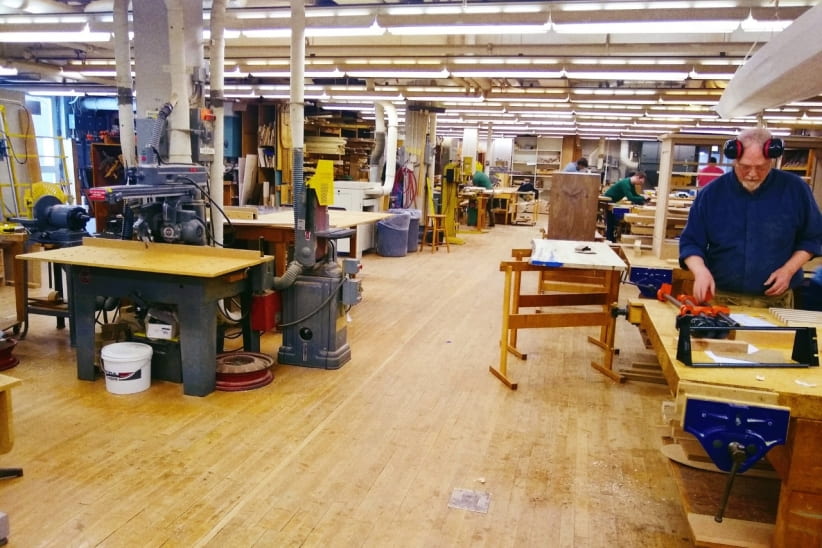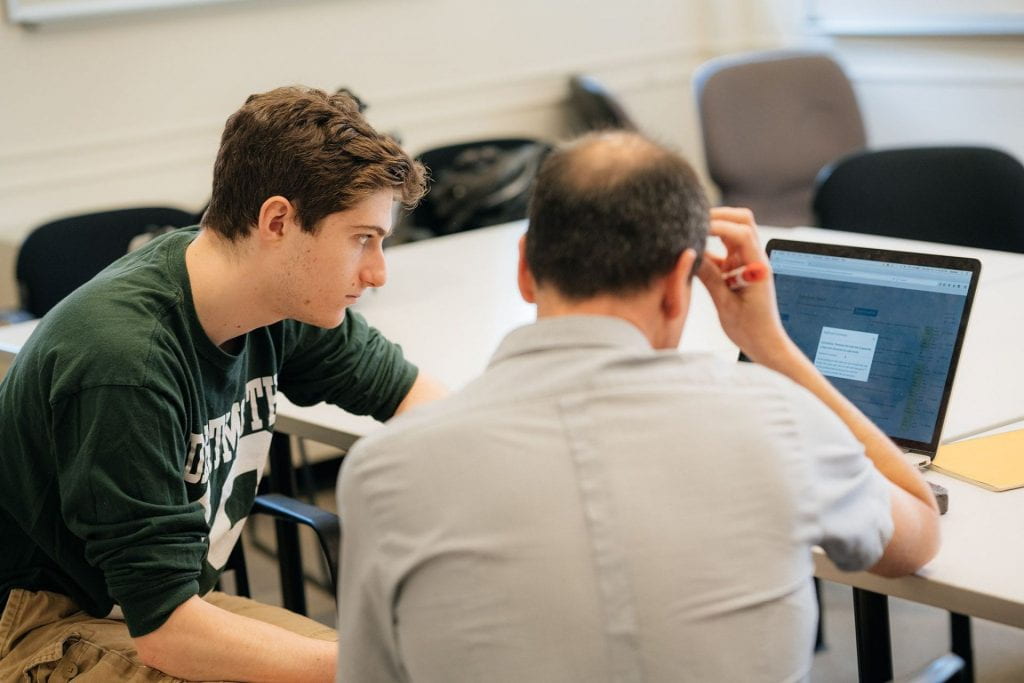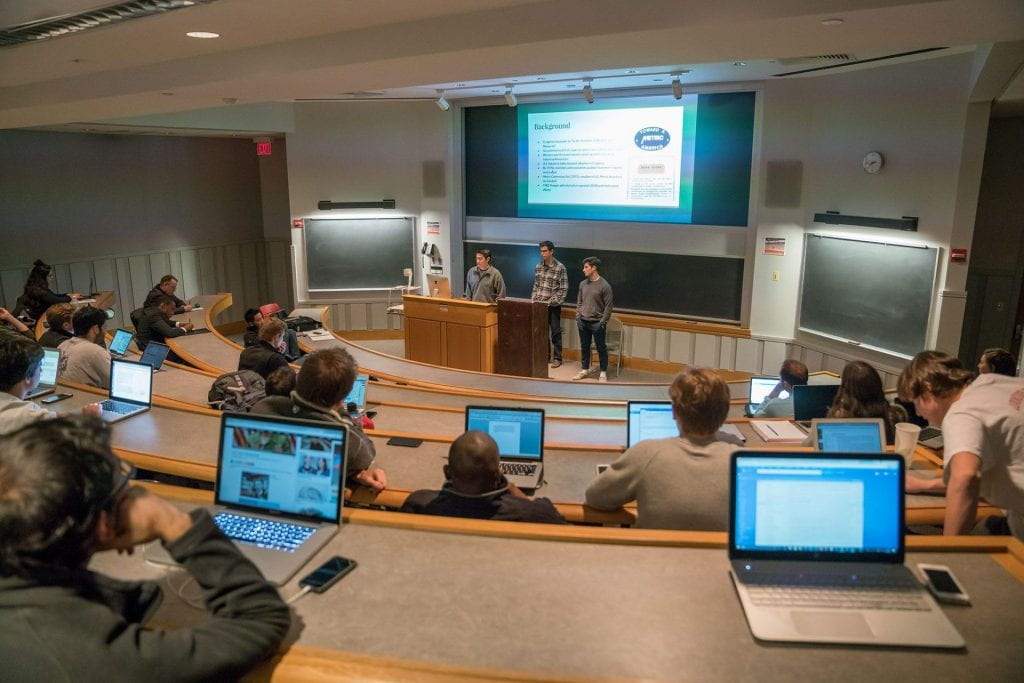
1. What do we do?
The mission of Dartmouth's Academic Skills Center is to assist students in achieving their academic goals. We help students improve their academic skills and ability to learn, thereby maximizing their academic experience and allowing them to achieve greater academic performance and personal fulfillment.
2. Who are we?
The ASC is a collaborative environment where dedicated staff and students work together in support of the Dartmouth student body. You can read more about those involved by clicking here!
3. Where can you find us?
The Academic Skills Center is conveniently located on the Tuck Drive side of the Tower Room in 224 Baker Library, Dartmouth College!
4. When can you find us?
Our hours are weekdays from 8:30AM- 4:30PM!
5. Why should you drop by?
The ASC offers the student body many opportunities for academic enrichment through academic coaching, group tutoring, MoTEAvational Mondays, learning strategy workshops, and more. We offer personalized help for those seeking to maximize their academic performance and work in conjunction with Student Accessibility Services, the Student Wellness Center, and the First Generation Office to support students of all backgrounds in their transition to college. Come on by the ASC to learn more about the resources available to help you become a more efficient and effective learner!










